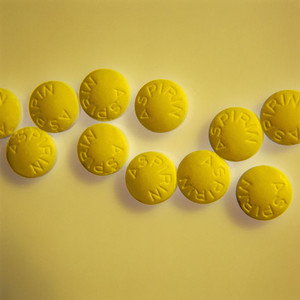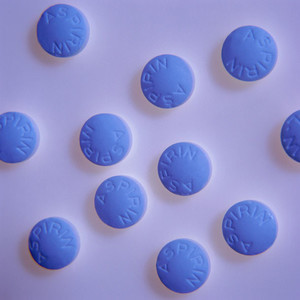The FDA may tighten standards for how closely generic drugs resemble brand-name equivalents. This comes as a result of complaints from both patients and employees of generic drugmakers that some of the medicines do not work as well as the originals.
FDA considering tighter controls on generics
Generics/News
|
Posted 07/01/2011
 0
Post your comment
0
Post your comment

During the Generic Pharmaceutical Association (GPhA)/FDA Fall Technical Conference (20–21 October 2010) Dr Janet Woodcock, Director of the FDA’s Center for Drug Evaluation and Research said that the agency is considering tightening controls on generic medicines “so there is less variability”.
Regulators are focusing on the issue because more prescriptions are filled with lower-cost copies of medicines as insurers try to cut costs and brand-name drugs lose patent protection. In fact in the US 75% of prescriptions are filled with generic drugs at only 22% of the cost.
However, in April 2010, an FDA advisory committee judged that the agency’s equivalence requirements were not sufficient for certain medicines, suggesting that ‘critical dose drugs’, or drugs where a small difference in concentration can change patients’ reaction, may need new standards.
The GPhA, however, insists that “the FDA’s demanding generic review and approval procedures for generic drug applications are the gold standard for regulatory agencies around the world.”
Responding to Dr Woodcock’s comments, Mr Bill Head, Senior Vice President of Government Affairs for the Pharmaceutical Association, which represents Mylan Inc. and Novartis AG’s Sandoz division, said “we are always very concerned about any potential problems and look forward to following up with her”.
Dr Woodcock said she did not know when the agency would come to any conclusions about generic standards of equivalence. The standards assure the generic is absorbed at the same rate and extent as the brand-name version. Although she admitted that this is not necessarily a problem; the FDA permits generic drugs to absorb at a 25% different rate and extent than the originals they copy.
Dr Woodcock also urged generic drugmakers to put more emphasis on “product presentation, urging generic drugmakers to make their pills look more like the original versions. Consumers complain that the low-cost pills often are larger or have rougher coatings”, she said.
Source: GPhA, Bloomberg.
Research
Japan’s drug shortage crisis: challenges and policy solutions
Saudi FDA drug approvals and GMP inspections: trend analysis
The best selling biotechnology drugs of 2008: the next biosimilars targets










Post your comment